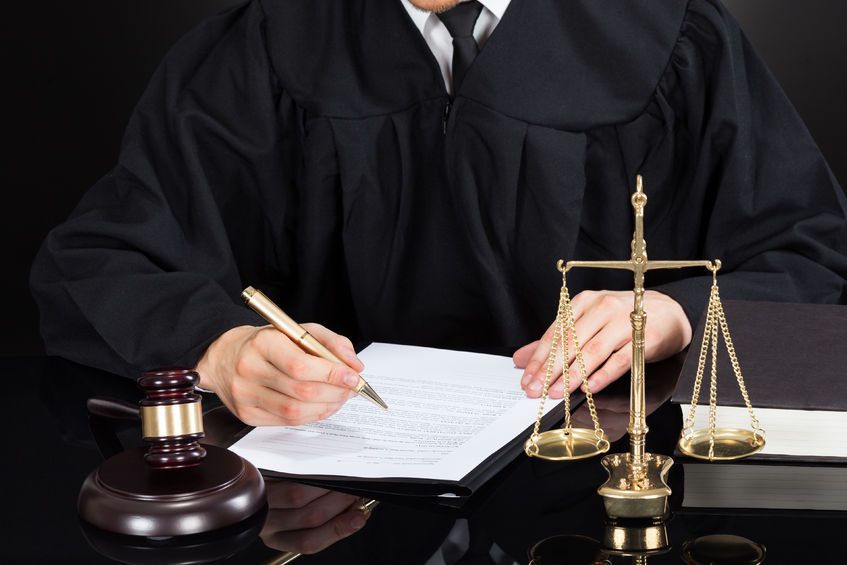Most parents get confused when they hear the words guardianship and guardian ad Litem. While the two terms seem interrelated, they are in fact completely different terms in the legal context. Here we will explain the differences between the two legal terms so that you can make the right decisions for your child.
What is Meant by Guardian ad Litem?
Ad Litem is a Latin word that is translated to ‘for the lawsuit’. Guardian ad Litem (GAL) in the legal context refers to a court-appointed person who prepares a report relating to parental rights. The court can appoint a GAL for different reasons. Sometimes a GAL is appointed to investigate abuse or neglect issues. In other cases, the court appoints a GAL to find out what’s in the ‘best interest of the child’.
A court-appointed GAL will look into different family matters and report on things such as:
- whether the parent indulges in substance abuse
- whether the parent has harmed or neglected the child
- which parent should be given child custody
- what should be the visitation rights
Gals can be mental health care professionals or lawyers. They carry on independent investigations and present the findings in the form of oral or written report. They interview the parents, the child, the teachers, and child protection workers. The findings of the GAL have a strong bearing on the outcome of the child custody case.
How is Guardianship Different from GALs?
Guardianship is a completely different in the legal context. Unlike GALs who are appointed by the court, guardians are nominated the parents of a minor in a will.
Legal guardians can make financial and legal decisions on behalf of the minor children. They can also be appointed for looking after disabled adults who cannot live independently due to physical or mental disability. The person for whom a guardian is appointed is known as the ward. The guardian will ensure that the ward receives appropriate education and medical care.
Conclusion
Guardian ad Litem is a legal term that applies to high conflict divorce cases, while guardianship is a part of estate planning process. The attorney for creating a guardianship is hired by the parents and not the court. The court steps in to create a guardianship only if no one is mentioned in the will as the child’s legal guardian.
Understanding the difference between the two legal terms is important to ensure that you make the right decisions for your child. If you want to get in touch with an experienced attorney for creating a guardianship, you can contact Chicago guardianship lawyer. You don’t need to spend a lot of time and effort in searching a reputable and experienced lawyer. Connect NOW with an experienced and qualified attorney in Illinois.

